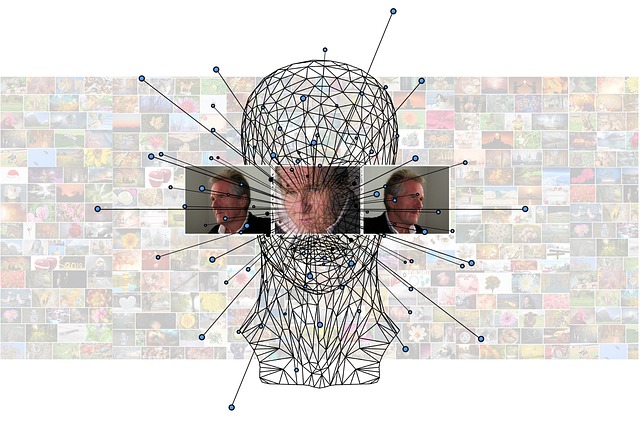Optimizing Route Planning with Robotics and AI: A Look at Automation in Business
In today’s fast-paced world, businesses are constantly looking for efficient ways to streamline operations and reduce costs. One area where innovation is making significant strides is in route planning. The integration of robotics and artificial intelligence (AI) is revolutionizing how companies approach logistics, delivery, and transportation. This blog post explores how automation is transforming route planning, making it a vital component of modern business strategy.
The Role of Robotics in Route Planning
Imagine a fleet of automated delivery drones soaring across the sky or self-driving vehicles navigating through city traffic. Robotics plays a crucial role in enhancing route planning by providing real-time data and operational efficiency. These robotic systems are equipped with advanced sensors and navigational technologies that allow them to calculate the most efficient routes based on dynamic factors such as traffic conditions, weather changes, and road closures.
For instance, a logistics company can deploy robotic vehicles that autonomously plan their routes, optimizing the delivery process and reducing fuel consumption. This not only cuts costs but also leads to faster delivery times, ultimately improving customer satisfaction. As robotics technology continues to advance, we can expect even more sophisticated systems capable of predictive route planning, further enhancing their operational capabilities.
Artificial Intelligence: The Brain Behind Route Optimization
While robotics may handle the physical execution of tasks, artificial intelligence serves as the brain that drives intelligent decision-making. AI algorithms analyze vast amounts of data, identifying trends and patterns that assist in optimizing route planning. This includes machine learning techniques that allow systems to learn from previous deliveries, improving their efficiency with every iteration.
AI enhances route planning by providing insights into various factors that affect delivery logistics. For instance, it can analyze customer behavior, seasonal trends, and even predict potential disruptions, enabling companies to adjust their plans proactively. The result is a more agile business that can adapt to changing circumstances while maintaining a high standard of service.
Automation in Business: A Game Changer
The automation of route planning is just one aspect of the broader trend of integrating technology into business operations. Companies that embrace this shift are not only improving their logistics but also gaining a competitive edge. With the power of robotics and AI, businesses can reduce human error, lower operational costs, and increase efficiency.
Automation allows employees to focus on more strategic tasks, fostering innovation and creativity in the workplace. While some may fear job loss due to automation, the truth is that it opens doors for new opportunities in higher-skilled roles. As routine tasks become automated, the workforce is encouraged to evolve, adapt, and develop new competencies aligned with digital transformation.
The Future of Route Planning
As we look ahead, the potential for further advancements in route planning through robotics and AI is immense. With ongoing innovations, we can expect even smarter systems that not only optimize logistics but also contribute to sustainability efforts by reducing carbon footprints.
In a world where efficiency and sustainability are rapidly becoming prerequisites for success, businesses must embrace these technological advancements. The convergence of robotics, artificial intelligence, and automation in business is not merely a trend; it is a fundamental shift that will shape the future of how we plan and execute logistics operations.




